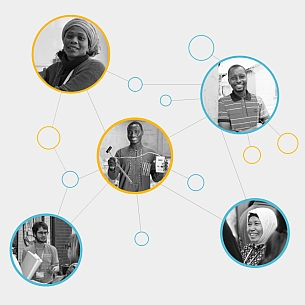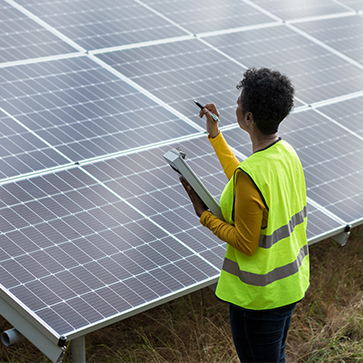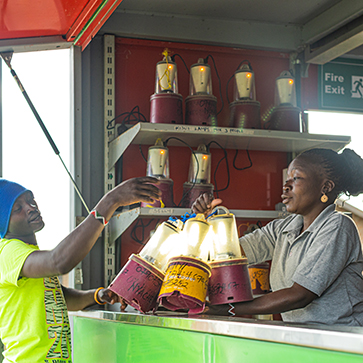Sustainable Energy Energy Access for All
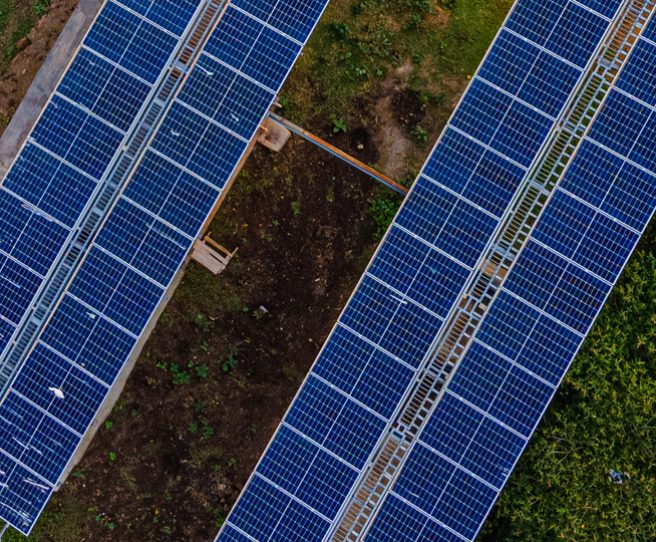
Through our partnerships with social enterprises, we are actively engaged in testing and implementing sustainable energy solutions that combine promising business models with social impact. In Sub-Saharan Africa, we collaborate with entrepreneurs that provide rural communities with access to reliable energy, thus contributing to social and economic development while fostering inclusive growth. We believe that sustainable energy solutions and a circular economy approach play a crucial role in achieving global climate targets.
SituationAccess to energy empowers local communities to thrive
Africa is a continent of great contrasts and greater opportunities. One of the key challenges facing Africa is how to provide access to energy for its rapidly growing population. According to the International Energy Agency (IEA), around 600 million people in Africa lack access to electricity. Access to energy plays a crucial role in various aspects of our daily lives including education, healthcare, agriculture, infrastructure and entrepreneurship. Access to energy is also a vital catalyst for socio-economic development in Africa. It impacts multiple sectors, drives productivity, improves public services and creates opportunities for individuals and communities. Ensuring affordable, reliable and sustainable energy access is crucial for unlocking Africa’s vast potential and achieving inclusive socio-economic development.
Solar-powered, off-grid solutions for rural areas
One of the most promising sustainable energy solutions for Africa are solar, wind, hydro, and geothermal power which can all be harnessed in various parts of the continent. Solar power, in particular, is gaining momentum in Africa, with many countries investing in large-scale solar projects. While sustainable energy sources such as solar and wind have great potential to provide clean and affordable energy to these communities, the scale of investment required to build the necessary infrastructure is significant.
Many rural communities in Africa are located far from the national power grid, making it difficult to connect them to the main electricity supply. However, off-grid solutions, such as mini-grids and stand-alone systems, could provide these communities with access to energy. Powered by solar or wind energy, these small-scale stand-alone systems can be managed and maintained by local communities.
Did you know? ...
…. 733 million people are without access to electricity
….. 1.5 billion people suffering from unreliable electricity services
Impact of Entrepreneurs
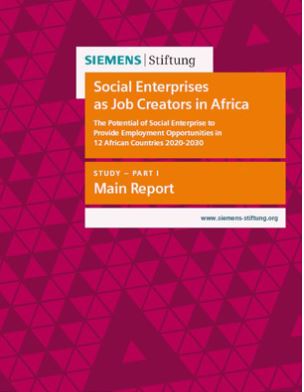
The impact of social entrepreneurs in the energy sector in Africa is significant. By promoting the adoption and use of sustainable energy solutions, they are helping to reduce the negative impact of traditional energy sources on the environment and public health. Additionally, they are creating job opportunities, particularly in rural areas, and helping to build local economies.
Siemens Stiftung’s latest research data suggests that social entrepreneurs are making a positive impact in the clean energy sector in Africa. However, to maximize their impact and support them in their growth strategies, it is important to provide them with the necessary support, such as funding, training, and mentorship. Furthermore, policymakers should also recognize the important role of social entrepreneurs in promoting clean energy and creating an enabling environment that supports their work.
On-going projects
Our projects are based in Morocco, Namibia, Nigeria, Rwanda, Tanzania, South Africa, Ghana, Malawi, and Kenya. In the following, you will find an overview of our current activities.
empowering people. Network
Founded in 2013 by Siemens Stiftung, empowering people. Network is an international ecosystem of social entrepreneurs that supports the application of technology for sustainable development. The network supports its members by engaging in capacity development and encouraging growth through a variety of financial instruments. From energy-saving cookstoves for women and small-holder farmers as alternatives to open-fire cooking methods to providing solar kiosks to facilitate access to phone charging and digital applications for low-income communities and hydro-powered pumps to enable farmers to irrigate crops more sustainably, the network members make sustainable energy accessible to businesses and communities.
Smart Energy Solutions for Africa (SESA)
SESA is a research and innovation consortium project with 30 international partners funded by the European Commission under the Horizon2020 programme and coordinated by the ICLEI European Secretariat (a non-profit entity based in Brussels). The SESA project is developing and testing sustainable energy solutions as well as promising business models to deliver access to reliable, efficient, and sustainable energy services for all. As part of the SESA Incubator Programme, Siemens Stiftung launched two “SESA Calls for Entrepreneurs” in eight African countries to identify suitable SMEs to contribute to the testing, validation and replication of promising sustainable energy solutions and business models in collaboration with SESA partners.
We! Hub Limited (WeTu) – WePower
WeTu is a social enterprise founded by Siemens Stiftung in Kenya in 2019. WeTu’s services include solar-powered fishing lantern rentals, the sale of clean drinking water, and e-mobility solutions for low-income communities on Lake Victoria. WePower is one of the verticals of WeTu focusing on sustainable energy solutions like solar lanterns for the fishing community. Solar energy hubs equipped with photovoltaic stations generate the energy for the lanterns for different use cases, services and products to serve the rural community. They are very durable and their lithium-ion batteries offer an alternative, environmentally friendly source of energy. The lanterns can be charged at each WeTu site and are easily transportable. With 12 hours of light and a lifespan of up to 500 charging cycles, the lanterns are considered quite durable and sustainable. The approach is focused on the sharing and circular economy models, for example, WeTu invests in the production of lanterns and their upkeep, and the lanterns are loaned to the local community.
Facts & figures
WePower has reached 350 customers through its 14 solar hubs with a total installed capacity of 290 kWh PV energy.
SESA in Ghana to date has recycled 12.65 tons of electronic waste to produce solar micro-grids for up to 200 rural households without electricity
SESA in Malawi to date has installed 7 new solar irrigation pumps for smallholder farmers associations to enable a second yield and increase income.
PartnersWe are member of the Alliance for Rural Electrification (ARE).
The Alliance for Rural Electrification (ARE) is an international membership association of more than 200 members in 55 countries that promotes a sustainable decentralized renewable energy industry for the 21st century.
Like Siemens Stiftung, ARE’s vision is that everyone in the world and in particular all rural people in low-and medium income countries have access to affordable, secure energy services. As a member of ARE, Siemens Stiftung is contributing through its social entrepreneurship approach and operational projects to ARE’s mission of delivering sustainable services to more than 500 million people in Sub Saharan Africa, Asia-Pacific and Latin America & Caribbean.
To widen its impact and to reach the most promising entrepreneurs and SMEs worldwide, Siemens Stiftung is actively using ARE’s Off-Grid Matchmaking Platform as a unique opportunity enabling effective B2B & B2Finance matchmaking for ARE Members.
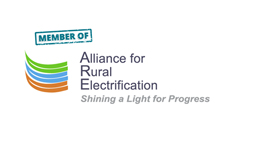
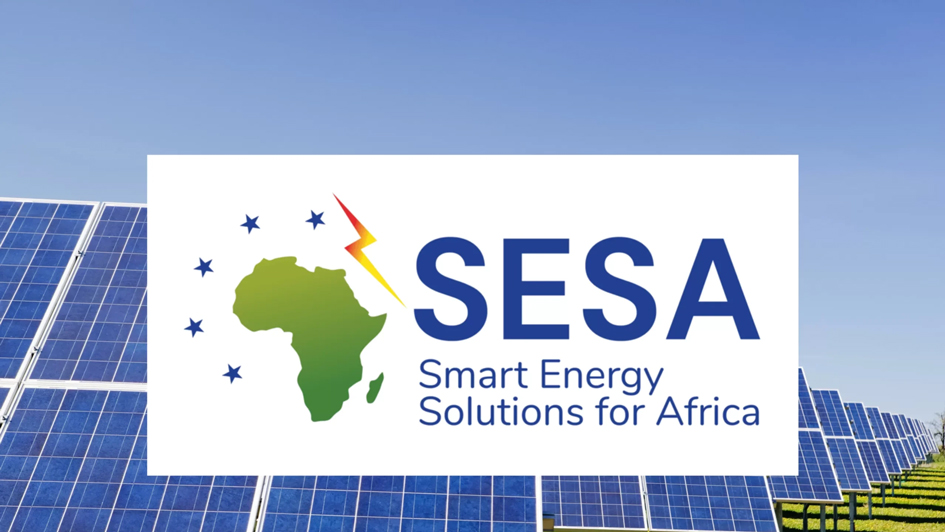
E-Course: Solar energy in SESA
SESA also provides E-Courses. This course will delve into solar energy, unpacking the basic concepts of electricity and energy produced with solar irradiations.
ContactWould you like to work with us? Or have any questions?
Project Coordinator SESA
Elisabeth Biber
elisabeth.biber@siemens-stiftung.org
+49 89 5 40 48 70
Project Coordinator WeTu
Tilmann Straub
tilmann.straub@siemens-stiftung.org
+49 89 540 48 73 26
Project Manager empowering people. Network
Sabine Baumeister
sabine.baumeister@siemens-stiftung.org
+49 172 859 84 27



